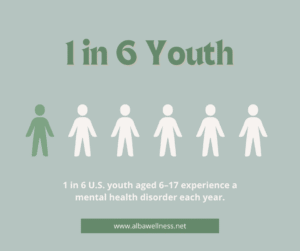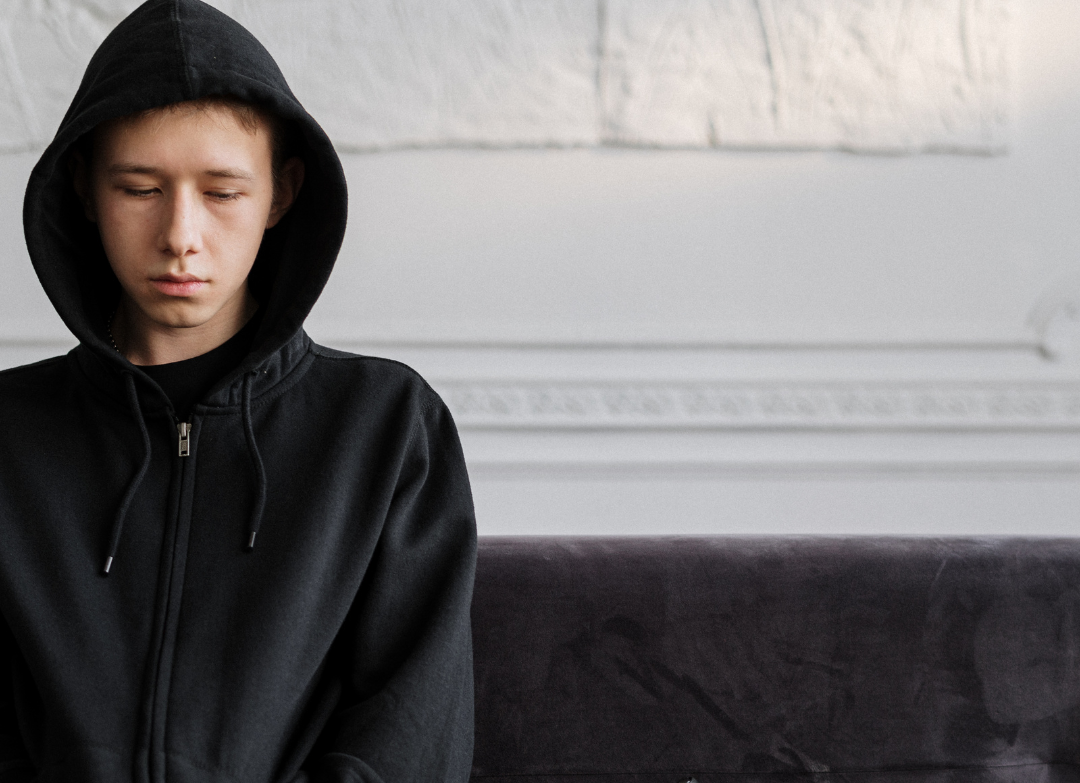Summer break brings a welcome pause from the rigorous demands of the school year. For many children and teens, it’s a time for rest, play, and travel. But for others, especially those who struggle with anxiety, depression, low self-esteem, or behavioral challenges, it can be a critical window for healing. As a parent, summer may offer therapy options for children that aren’t available during the school year, or may offer a test run before the chaos of the school season starts.
Why Summer is Ideal for Starting Therapy
Unlike the school year, summer usually brings:
- More flexibility in schedules
- Less academic pressure
- Fewer social stressors
This less chaotic environment allows children to focus more deeply on themselves without being overwhelmed by the constant demands of school, homework, and extracurriculars. Starting therapy during the summer offers time to build trust with a therapist, explore emotions more thoroughly, and lay the groundwork for a more successful academic year.
Signs Your Child May Benefit from Therapy This Summer
Children and teens often show distress in subtle (or not-so-subtle) ways. You might consider exploring therapy options for children if you observe any of the following:
- Excessive worry, fears, or phobias
- Withdrawal from friends or family
- Irritability or frequent outbursts
- Sleep disturbances or nightmares
- Difficulty concentrating
- Loss of interest in activities they once enjoyed
- Unexplained physical complaints (like headaches or stomachaches)
- Changes in eating habits
- Academic decline or refusal to attend school
These signs don’t necessarily mean something is seriously wrong—but they do indicate that your child might benefit from professional support.
The Benefits of Starting Therapy in Summer
To better understand how therapy options for children can make a difference, take a look at this table comparing therapy outcomes started in summer versus those started mid-academic year:
| Factor | Summer Start | School Year Start |
| Time availability | More consistent appointment scheduling | May conflict with school commitments |
| Stress levels | Lower, due to fewer obligations | Higher, due to academic and social pressures |
| Family availability | More time for parent-therapist collaboration | Less flexibility due to work/school routines |
| Adjustment period | Faster trust-building with therapist | Slower due to distractions |
| Carryover into school year | Stronger preparation and coping skills | May require more time to show progress |
Summer therapy offers a smoother start and a stronger foundation. Without the pressure of immediate academic demands, your child can gain skills in emotional regulation, communication, and self-awareness that will carry over into the fall.
Therapy Options for Children
At Alba Wellness Counseling, we understand that every child is unique. We provide a range of therapy options for children that meet them where they are emotionally and developmentally. Common approaches include:
- Play Therapy: Especially effective for younger children to express feelings through play.
- Cognitive Behavioral Therapy (CBT): Helps kids identify and change unhelpful thought patterns.
- Family Therapy: Encourages stronger communication and relationships within the home.
- Trauma-Informed Therapy: Supports children who have experienced trauma or grief.
Choosing the right approach is about more than matching symptoms to treatment; it’s about creating a compassionate space where your child feels heard and understood.
Real-World Stats That Show Why Early Support Matters
- According to the CDC, 1 in 6 U.S. children aged 2–8 years has a diagnosed mental, behavioral, or developmental disorder.
- Half of all mental health conditions begin by age 14, but most cases go undetected and untreated.
- Children who receive early support are more likely to show improved academic performance and better relationships with peers and adults.
These statistics reinforce the importance of evaluating therapy options for children before challenges escalate.
How to Start the Process
Beginning therapy during the summer doesn’t have to be overwhelming. Here’s how to make it manageable:
- Observe and Reflect: Look for behavioral patterns and emotional changes.
- Talk With Your Child: Use gentle, open-ended questions to explore how they’re feeling.
- Consult a Professional: Schedule an intake consultation to ask questions and understand your options.
- Stay Involved: Be part of your child’s therapeutic journey by supporting sessions and reinforcing strategies at home.
The first step is often the hardest—but it can also be the most rewarding.
A Gentle Next Step: Therapy with Alba Wellness
At Alba Wellness Counseling, we specialize in therapy options for children that nurture their emotional health and resilience. Our team creates a supportive, affirming environment where kids and teens can explore their feelings and build lasting coping skills.
Whether your child is dealing with anxiety, school stress, friendship issues, or just needs someone to talk to, we’re here to help. And summer is the perfect time to begin that journey.
Visit albawellness.net/services to learn more about how we can support your family.
Common Questions
Q: Is summer a good time to start therapy for kids?
A: Yes. Summer offers fewer distractions and more time, making it an ideal season to start therapy for emotional growth and healing.
Q: What therapy options are available for children?
A: Options include play therapy, CBT, family therapy, and trauma-informed care. Each approach is tailored to the child’s age and needs.
Q: How can I tell if my child needs therapy?
A: Signs include persistent sadness, anxiety, behavioral changes, sleep issues, or withdrawal. If in doubt, a consultation with a therapist can help.
Q: Can therapy help prepare my child for the next school year?
A: Absolutely. Summer therapy builds confidence, emotional regulation, and problem-solving skills that support a smoother school transition.

